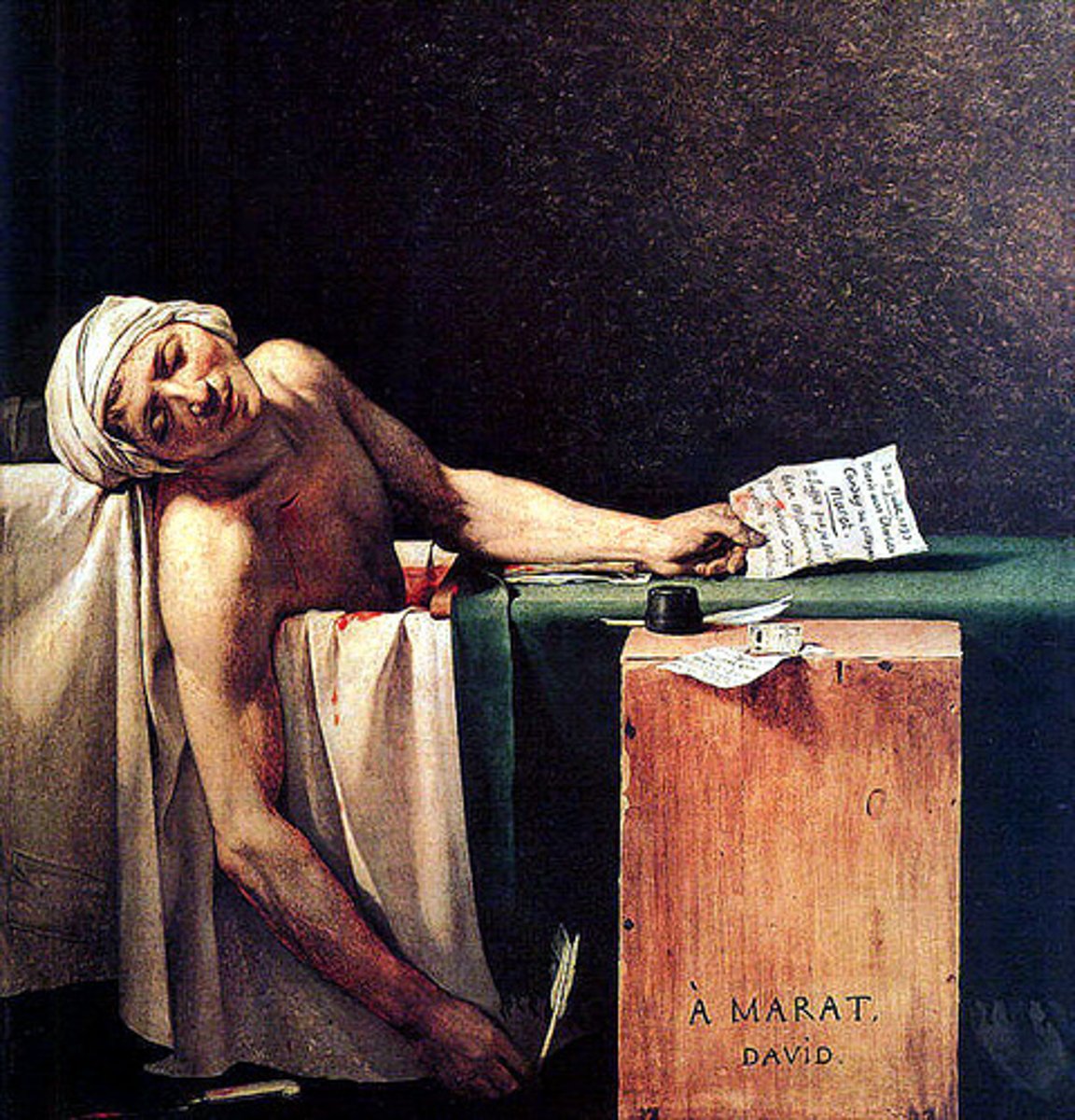AP Euro Topic 5.4 The French Revolution Terms/Names
1/29
Earn XP
Name | Mastery | Learn | Test | Matching | Spaced | Call with Kai |
|---|
No analytics yet
Send a link to your students to track their progress
30 Terms
French Revolution
a rebellion of French people against their king in the late 18th Century
3 multiple choice options
Louis XVI
French monarch overthrown in the French Revolution.
3 multiple choice options
Estates General
An assembly of representatives from all three of the estates, or social classes, in France.
3 multiple choice options
Marie Antoinette
Queen of France (as wife of Louis XVI) who was unpopular her extravagance and opposition to reform contributed to the overthrow of the monarchy;
3 multiple choice options
bourgeoisie
the wealthy middle class within the Third Estate, including merchants, industrialists, and professional people
3 multiple choice options
National Assembly
First French Revolutionary assembly created by members of the Third Estate to reform France. Issued Declaration of the Rights of Man.
3 multiple choice options
Bastille Day
July 14th. Celebration in France to celebrate when people stormed the hated fortress that had been a symbol of the king's oppression.
3 multiple choice options
Declaration of the Rights of Man and the Citizen
Statement of fundamental political rights adopted by the French National Assembly at the beginning of the French Revolution.
3 multiple choice options
Civil Constitution of the Clergy
A document, issued by the National Assembly in July 1790, that established a national church system in France with a process for the election of regional bishops. The document angered the pope and church officials and turned many French Catholics against the revolutionaries.
3 multiple choice options
departments
Divisions of the government in France created by the National Assembly based on geography and designed to break loyalty to local nobility.
3 multiple choice options
Jacobin
member of a radical political club during the French Revolution who pushed for a Republic and execution of the King.
3 multiple choice options
Maximilien Robespierre
Revolutionary leader, head of the Committee of Public Safety, who tried to wipe out every trace of France's past monarchy and nobility.
3 multiple choice options
National Convention
The government of France during the Radical Phase of the French Revolution
3 multiple choice options
Jean-Paul Marat
Fiery Jacobin in France whose radical newspaper fueled the French Rev. Killed by Charlotte Corday in his bathtub.
3 multiple choice options

Girondin
Political faction who wanted a Republic, but did not want Louis XVI executed because they thought he would become a martyr
3 multiple choice options
Reign of Terror
This was the period in France where the Radicals/Jacobin led by Robespierre ruled and used revolutionary terror to control France.
3 multiple choice options
Committee of Public Safety
Powerful group, led by Robespierre, set up to defeat all enemies of the revolution by sending them to the guillotine.
3 multiple choice options
Georges Danton
Well-known Jacobin and lawyer eventually executed for being less radical than Robespierre
3 multiple choice options
levee en mass
Law that obligated all French men between certain ages to enlist in the army during the French Revolution
3 multiple choice options
Olympe de Gouges
French journalist who published the declaration of rights of women and the female citizens. Executed by the Radicals.
3 multiple choice options
Society of Revolutionary Women
A group of working class women who wore distinctive red bonnets and vowed to rush to fight for France. Disbanded by the Jacobin.
3 multiple choice options
Napoleon Bonaparte
Overthrew the French government, the Directory, in 1799 and became emperor of France in 1804.
3 multiple choice options
Abbe Emmanuel Joseph Sieyes
member of the first estate who wrote the pamphlet What is the Third Estate?
3 multiple choice options
What is the Third Estate?
Pamphlet written by Abbe Sieyes. It declared the nobility to be a useless caste that should be abolished and the commoners were "everything".
3 multiple choice options
First Estate
Social class consisting of the Roman Catholic Clergy; they received special privileges and paid no direct taxes
3 multiple choice options
Second Estate
Social class consisting of people with titles of Nobility in France. They had special privileges and paid almost no taxes.
3 multiple choice options
Third Estate
97% of the population of France. Anyone from rich to poor without a title of nobility and not a member of the clergy. they paid high taxes and had no special privileges
3 multiple choice options
clergy
Church officials
3 multiple choice options
Guillotine
A machine for beheading people, used as a means of execution during the French Revolution.
3 multiple choice options
Liberty, Equality, Fraternity (or death)
Motto of the French Revolution
3 multiple choice options